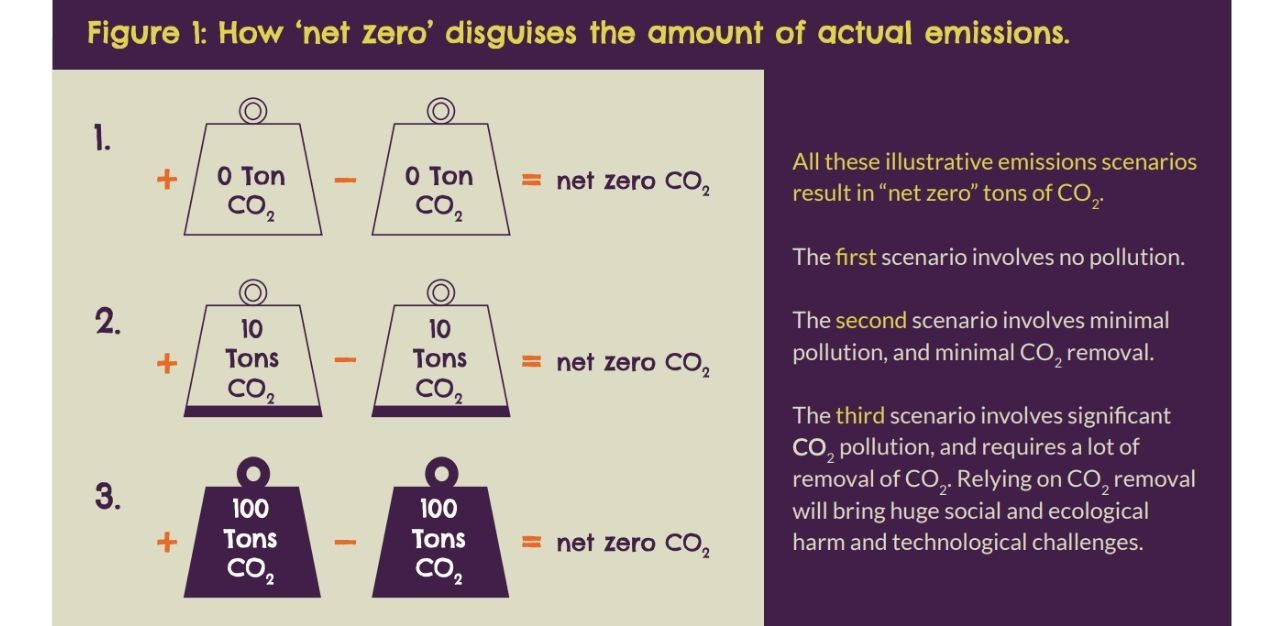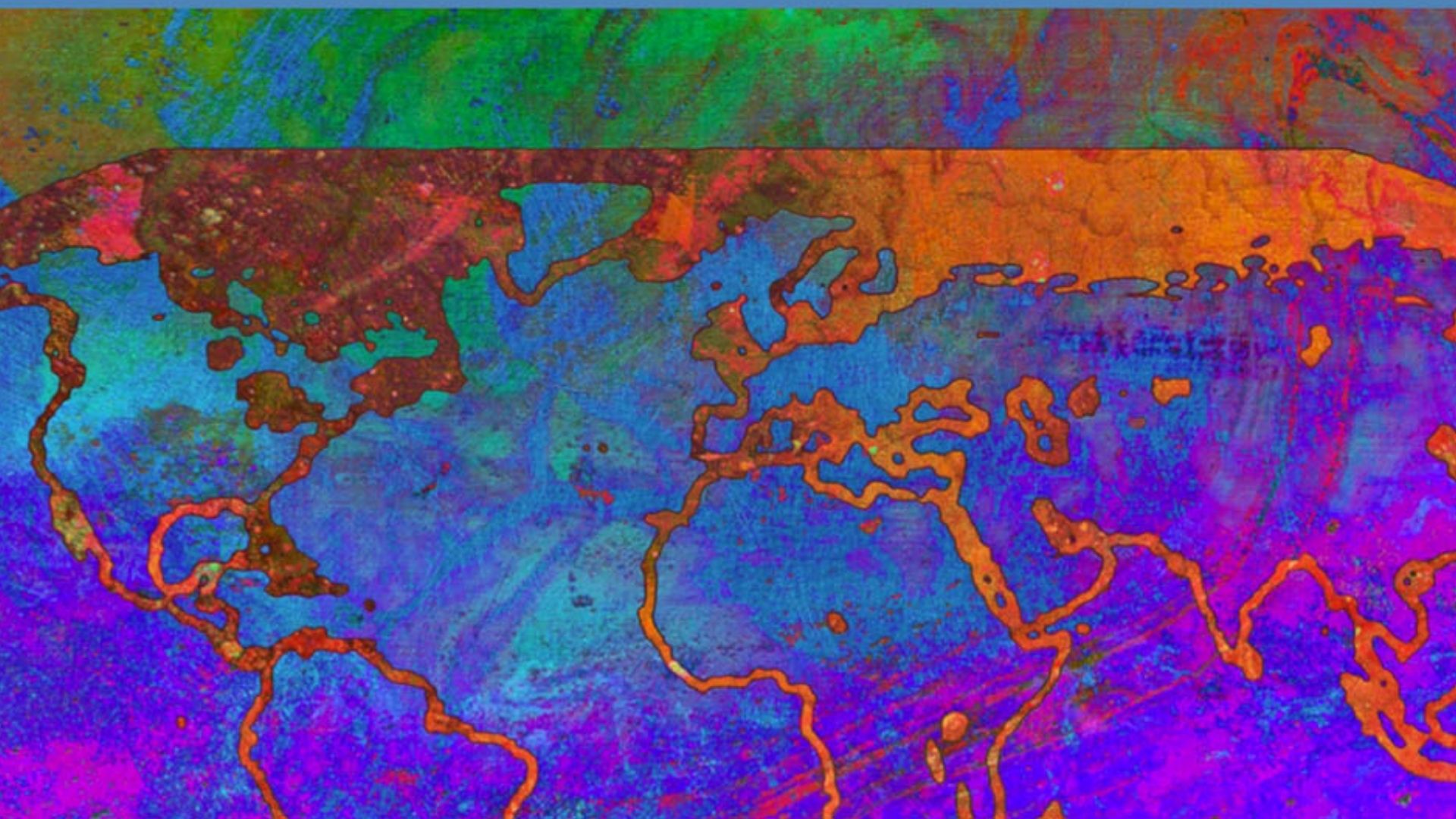Climate change caused by humans is now dealing out damages to different parts of the world and half of humanity is at risk of increased harm to their lives and livelihoods, the latest report by the Intergovernmental Panel on Climate Changes (IPCC) concludes earlier in the week.
The landmark United Nations (UN) report was released by the IPCC Working Group II (WGII), the second of three IPCC groups. It deals with the impacts of climate change on lives, livelihoods, and biodiversity.
This year, the IPCC has unprecedentedly touched on indigenous knowledge alongside Western scientific research, and highlighted their vulnerabilities when adaptation measures fail to deliver.
One of the key takeaways pointed out by creator of @theweirdandwild Woo Qiyun was that “while everyone is affected, some communities are more vulnerable to climate impacts than others. Their vulnerability is also closely linked to social inequality.”
According to the UN report, every inhabited continent is already experiencing multiple climate impacts — from droughts and flooding to biodiversity loss and falling food production. It said that between 3.3 to 3.6 billion people live in areas that are “highly vulnerable to climate change” and warned that there will be “additional severe risks” should the Earth warm beyond 1.5 degrees Celsius. It said that some of the effects “will be irreversible, even if global warming is reduced”.
At this point, the possibility of exceeding a 1.5-degree threshold for global warming is very real, since many international climate targets have either been deemed critically insufficient, or ended up being broken promises that never came through.
“We already see impacts on agriculture, physical and mental health, infrastructure, and communities. […] Some are irreversible, and communities and ecosystems may be pushed beyond their abilities to adapt,” Ms Woo wrote.
Similarly, a coalition of youth climate activists, called the Asia Climate Rally, have released a joint statement demanding that Asian governments take five key and concrete actions. This statement was co-authored by local climate activism group, @sgclimaterally.
“In the past decade, six of the 10 countries most affected by climate change were in Asia, and the many floods, typhoons, heatwaves, and other extreme weather events in 2021 are a reminder that these effects will only get worse with increasing warming, and the most marginalised people are impacted the most,” the statement said.
In particular, the group pointed out that despite the net-zero targets set by Asian countries, the lack of immediate and clear action plans could once again cause these targets to fly by.
Net-zero targets, they highlighted, can disguise themselves as climate inaction, as “many rely on unrealistic assumptions of negative emissions, while placing the burden of offsets onto Global South countries”.

The increasingly complex difficulties surrounding the implementation of robust climate solutions, of course, cannot go without “adequate finance and political support”, as Ms Woo pointed out.
The IPCC report is vital because it represents the consensus view of thousands of climate researchers from 195 countries, and as such is intended to guide the plans that governments put in place to respond and adapt to the changing climate. But its authors say governments are not doing anywhere near enough to meet the threat.
Encouragingly, Worker’s Party Member of Parliament Jamus Lim has detailed parliamentary discussions earlier in January, with respect to Singapore’s transition toward a green economy.
He voiced his grievances with greenwashing — what he described as “clothing actions in the veneer of the environment, but not really doing much that would truly move the needle to true sustainability”.
Among other policy recommendations to further develop green financing and natural capital, Mr Lim called on the Minister for Sustainability and the Environment Grace Fu to ensure claims in green practices are justifiable and collaborate with independent, non -profit it organisations such as the Green Labelling Scheme under the Singapore Environmental Council to counter against greenwashing.
“The last thing we want is for items we think are being recycled — especially those that are shipped thousands of miles to another country — to end up in a landfill,” he said.
“The bottom line is that we need to be aware that there could be a disconnect between our intentions and actual outcomes, when it comes to policies meant to protect our planet. Such deviations are likely more common when profit concerns dominate. That’s why government programs—like ecolabeling and public-private partnerships—shouldn’t end up inadvertently lending a seal of approval to otherwise environmentally irresponsible companies,” Mr Lim added.
Join the conversations on TheHomeGround Asia’s Facebook and Instagram, and get the latest updates via Telegram.





























